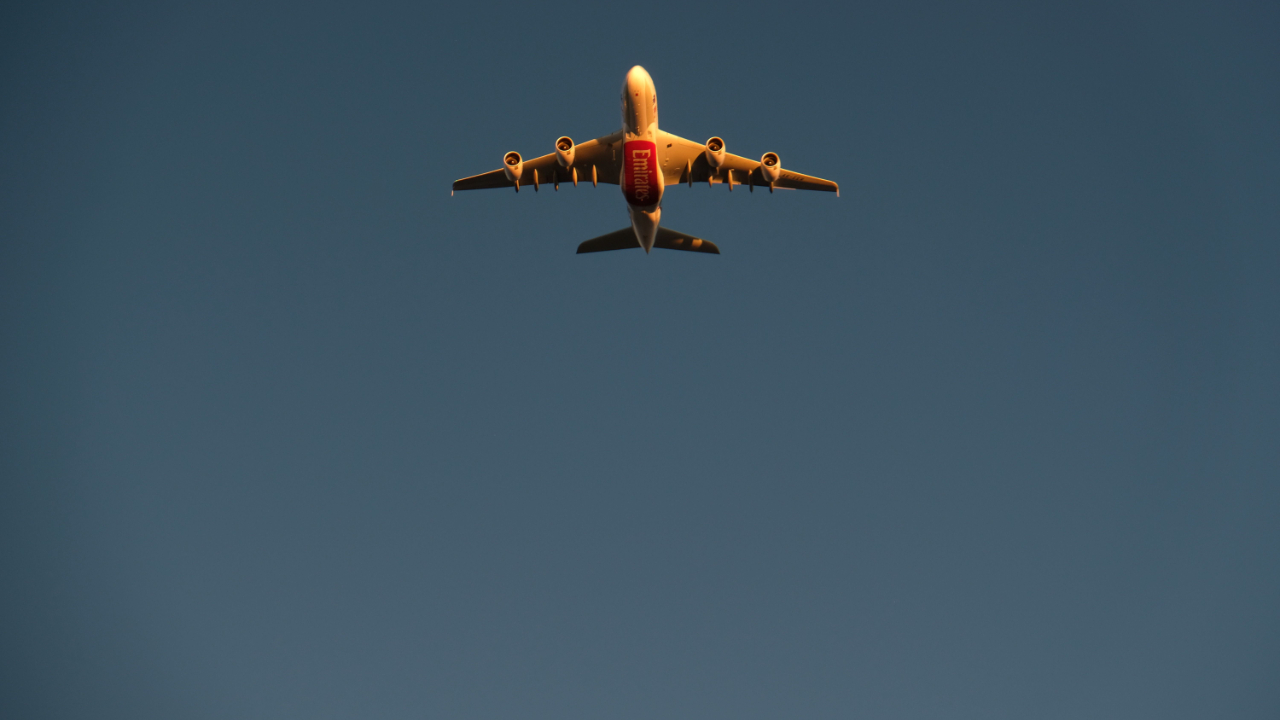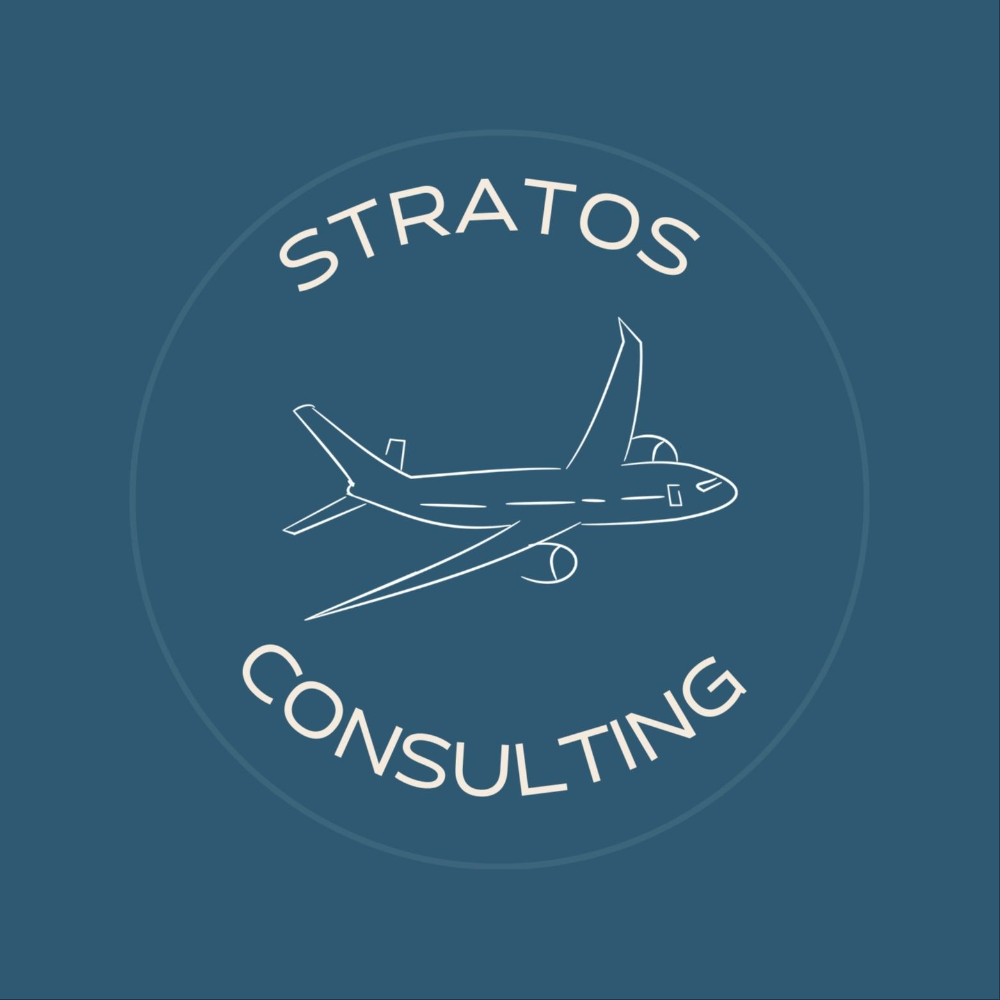
5 Things Beyond Flight School Boundaries
Oct 27, 2025Flight school is the foundation of your life as an airline pilot. But you are responsible of it.
You shouldn’t be learning the memory items for an emergency descent in a B777 or an A350 if you can’t recall the engine failure procedures on your single engine... just like you don’t start building a house from the roof down.
We start with the basics: repeating words that might initially sound like nonsense, until we reach the point where we can handle complex non-normal situations while managing both the technical and human sides of an emergency.
The mission of most flight schools is to make you qualified and safe, and to bring your knowledge and mindset to a level from which an airline can then prepare you for the complex, human world of airline operations.
For this reason, I’ve put together five things that often fall through the cracks due to the technicalities of training. These are deeper traits and belong to your persona and shape who you become into your professional self.
- Learn to think like a professional, not just fly like one
At flight school, “good flying” means smooth approaches and tidy procedures.
At an airline, “good flying” means calm prioritization, effective crew and risk management, and making sound decisions when the pressure is on.
You’ll find that technical skill becomes the baseline. What sets professionals apart is judgment and discipline, knowing when not to act as much as when to.
That mindset doesn’t appear on its own. You have to practice thinking ahead of the airplane long before you wear the uniform.
- Discipline starts now, not later
On your TB10 or Cessna 152, you might get away with not taxiing exactly on the centreline.
But remember, you’re not training to fly a TB10 or a 152 for a living. You’re training to fly a 737 or an A350.
Don’t let the size of the aircraft determine your level of professionalism. Every habit you form now (checklist discipline, briefings, precision) is shaping the pilot you’ll become later.
Adherence to SOPs isn’t about robotic repetition. It’s about respecting the craft and the people who depend on you.
If you want to be treated like a professional, start behaving like one while you’re still a student.
- Develop interpersonal skills, they’ll shape your career more than you think
Every flight you operate involves people: instructors, examiners, dispatchers, cabin crew, engineers, and of course, your fellow pilots.
Courtesy, kindness, and assertiveness without arrogance go a long way in this environment.
You’ll be expected to make decisions and take responsibility, but hierarchy doesn’t mean dictatorship.
A good captain, and a good colleague, knows how to lead while keeping everyone onboard, literally and figuratively.
That kind of composure and communication doesn’t happen overnight.
It’s something you build now, in how you speak to instructors, how you handle feedback, and how you carry yourself in the crew room.
- Treat every hour as part of your interview
Many students treat airline assessments as something that happens after training.
In reality, the process starts on your very first day.
Theory, especially at the start, might feel irrelevant at times, but knowledge is the foundation of professionalism.
You can’t apply something correctly if you don’t understand it.
Every instructor report, every reference, every professional habit you build, they all shape how you’ll be perceived later.
How you carry yourself throughout your training will reflect in your persona and this is what Airlines will see when you walk in the door.
And remember, most airlines don’t hire First or Second Officers, they hire future captains. They invest years of training in you so they can one day trust you with the responsibility of commanding a large jet.
- Surround yourself with the right mindset
The saying “You are the sum of the five people closest to you” couldn’t be more relevant at this stage.
Your environment shapes your habits more than you realize. Read that again.
Surround yourself with people who think and act the way you want to, those who take training seriously, stay curious, and constantly look to improve.
You don’t need a formal mentor to grow, you just need to be around the right examples. Absorb their discipline, their calmness, their professionalism. It’s contagious, and it’s what will carry you far beyond flight school.

